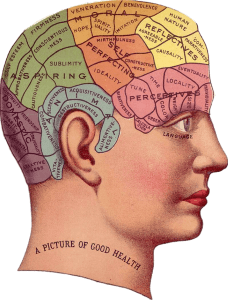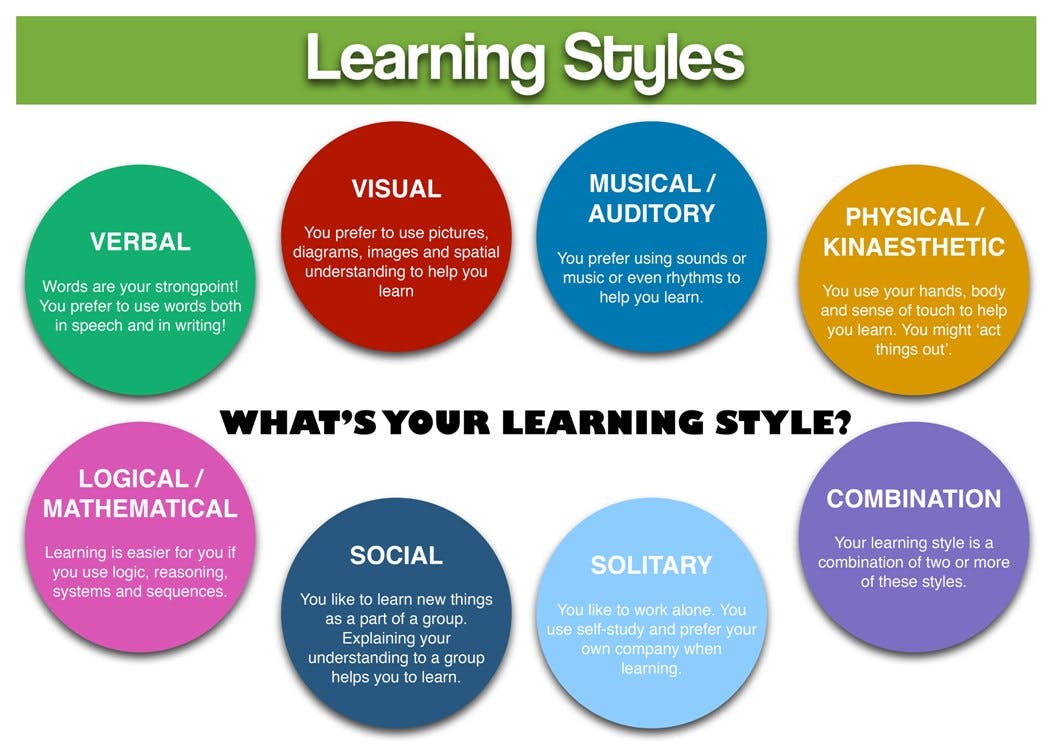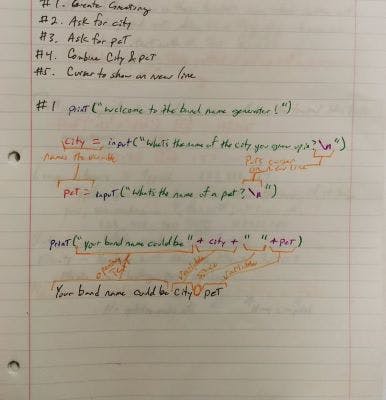I'm a lifetime student. I'm from Kentucky and in our state, once you hit 65 you can go to college for free. So on January 22, my 65th birthday, I'm signing up for classes for the rest of my life.
I just like learning about anything and everything.
I've done a lot of different things in my life and hopefully will continue to do so. In my experiences, I have been an educator. Not a teacher, not saying that at all. But as part of being student ambassador at a college, I had to go to one of the local middle schools and teach for a couple of hours a week.
At the group home where I was a youth counselor, I also taught certain education classes to these teen boys and subbed for the teacher for our on-site school when she was absent.
I have an interest in the human brain. Everything about it fascinates me. Everything about what we DON'T KNOW fascinates me even more. I started reading about the brain in my late teens / early 20's I don't remember exactly why but I think it was because of bodybuilding. I started to train about that time and was reading a lot about food and exercise.
 In these readings, I started to learn how the brain works and how we do what we do effects it. The food and types of food we consume. Water, sleep, oxygen, how much oxygen and HOW we're getting that oxygen.
One connection leads to another. I'm ADHD. When I was first diagnosed I started reading more about it and obviously, how the brain plays a role. This was explaining a lot about me and my studies.
I've always felt "stupid." Why couldn't I grasp things like other people? Why was reading a textbook so difficult? Was I lazy that I just daydreamed? Did I care? Was I lying to myself?
Nope. I have ADHD. I process information differently. Once I went though that door, things changed. And changed quick. And slow. Contradictions seem to be a way of life for some of us ADHD'ers!
In these readings, I started to learn how the brain works and how we do what we do effects it. The food and types of food we consume. Water, sleep, oxygen, how much oxygen and HOW we're getting that oxygen.
One connection leads to another. I'm ADHD. When I was first diagnosed I started reading more about it and obviously, how the brain plays a role. This was explaining a lot about me and my studies.
I've always felt "stupid." Why couldn't I grasp things like other people? Why was reading a textbook so difficult? Was I lazy that I just daydreamed? Did I care? Was I lying to myself?
Nope. I have ADHD. I process information differently. Once I went though that door, things changed. And changed quick. And slow. Contradictions seem to be a way of life for some of us ADHD'ers!
But the important thing is that it took me down the path of learning and studying. I mean the actual process of how we learn and how we process that information. I found a great book about learning called The Way They Learn by Cynthia Tobias. Yes, it is directed at kids but there were some great examples and helped me in a couple of research papers for English 102 and continued to help me as a youth counselor. It also taught me some lessons about myself.
Fast forward to now, I'm 47, a web developer, and continuing to learn (and struggling in some cases) new concepts and new languages every damn day. I belong to several coder groups and read plenty of articles. One question every newbie has, including myself, about this field is "How do you study?" Invariably a plethora of replies follow. Each with the "perfect" method. In some pathetic examples, there will be that troll that can't help but show how minuscule and pathetic their own brain is by attempting to humiliate and demean someone for daring to ask a question. (I will never falter in putting a bully down.)
This is where things get sticky... There's a basic rundown on learning styles that TAFE has. "...TAFE stands for Technical and Further Education. TAFE NSW is Australia's largest vocational education and training provider based in New South Wales."

It took a bit for me I found what works for me. And that's the truth you're going to have to swallow whether you like it or not. Ask that question anyway. "How do you study?" Take in the replies. Listen to what they say and ask follow ups. Think about what has worked for YOU in the past. Listening? Reading? Writing? One thing that I was (still am sometimes) put down for is my "outdated" method of pen and paper. Or, God forbid! Gasp! Clutch my pearls! I read actual books! I had a friend in college that laughed at me for all my notebooks and he had his one laptop and said it was the wave of the future. Nope. I just couldn't buy into that considering what we know about actual hand written notes and its benefits to the brain. A few years later I felt vindicated when studies starting hitting the net about how inefficient his method is. "A Learning Secret: Don't Take Notes with a Laptop" an article by Scientific American. There's plenty of research out there. This is what we are currently doing and this is KILLING me. Many times I'm just rushing to type out what's being said and not one thing is sticking. So I have to go back later and do it again on my own. So one class is actually two for me. I feel like this is the most inefficient method of teaching but then again, I'm the student and making squat dollars an hour so what do I know, right?

This isn't perfect. But it works for me. I discovered this years ago in algebra. I started breaking down the problems like this and suddenly I got it! I felt stupid happy! But I started making so many advancements in algebra after this. It took me a bit longer, that's the curse of ADHD, but I figured out what worked for me, and, whether you like it or not, that's what you have to do. Put together what you know about yourself. How do you get information? Do you learn it better by teaching? Then start a blog and act like you're teaching it to someone. Even if it's a private blog. Do you learn better taking notes on a laptop? Then screw what anyone else says, DO THAT. Read book, sing a song, dance to CSS (let me know how that goes), start your own "Schoolhouse Rock" but find what works for you.
For me, it's pen and paper, colored pens, my own diagrams. Follow that up with coding my own stuff for examples. Pirates, dinosaurs, Key West, comics, whatever it is that I find interesting, I use that and run with it. I use books. I Find the "Head First" pretty helpful. I also make my own cheat sheets. This helps reinforce the ideas and concepts.
So take a closer look at yourself. Try different things and see what works for you. If it goes against the norm, so what? It's your life, do what works for you.
